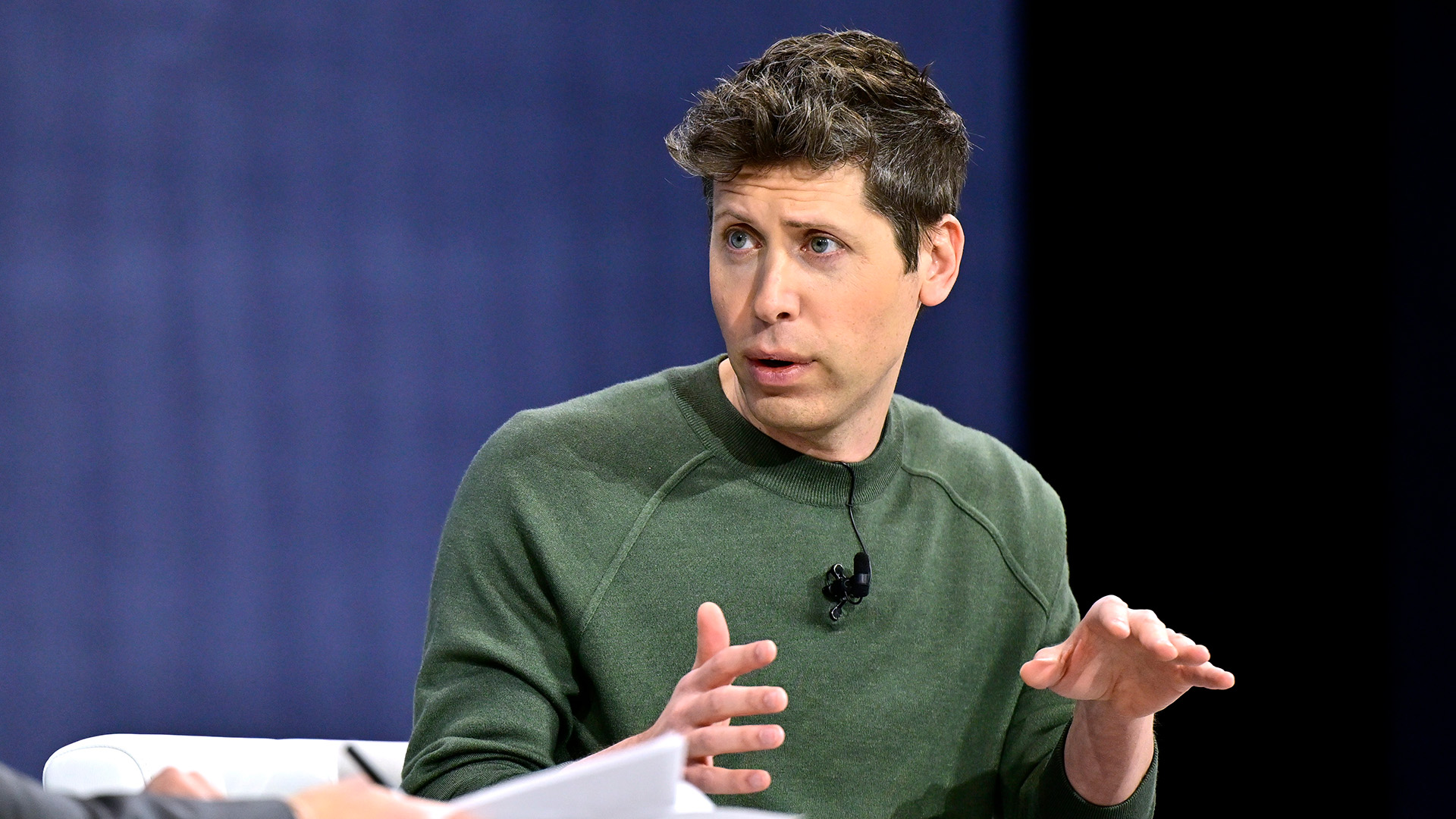OpenAI CEO Sam Altman recently published a new blog post highlighting three key observations on the rapid progression of general artificial intelligence. Interestingly, the executive indicated that the cost of AI will drop 10x times every year.
The cost to use a given level of AI falls about 10x every 12 months, and lower prices lead to much more use,” Altman indicated. You can see this in the token cost from GPT-4 in early 2023 to GPT-4o in mid-2024, where the price per token dropped about 150x in that time period. Moore’s law changed the world at 2x every 18 months; this is unbelievably stronger.
OpenAI CEO, Sam Altman
In the detailed and broad blog post, Sam Altman listed these key highlights:
- The intelligence of an AI model roughly equals the log of the resources used to train and run it.
- The cost to use a given level of AI falls about 10x every 12 months, and lower prices lead to much more use.
- The socioeconomic value of linearly increasing intelligence is super-exponential in nature.
Altman’s key observations were seemingly centered on the recent developments in the AI landscape, including DeepSeek’s emergence with an ultra-cost-effective AI alternative to OpenAI’s exorbitant $200 ChatGPT Pro and reports indicating scaling laws have begun to stunt progression and development of next-gen AI models.
DeepSeek is undoubtedly an interesting key player in the AI landscape and maintains a unique position compared to other rival firms. First, it seemingly proves that startup AI firms don’t necessarily have to break the bank to get a slice of the AI buzz.
On paper, researchers behind the entry claim the company only invested $6 million for the model’s training. However, recent reports have placed the Chinese startup in a bad light after allegations surfaced, suggesting the company scrapped copyrighted content from Microsoft and OpenAI to train its “ultra-cost-effective” AI model. A separate report further claimed that the firm spent $1.6 billion and 50,000 NVIDIA AI chips to develop the AI model.
While the model has been touted as impressive, predominantly because it’s open-source, it has suffered a major “large-scale cyberattack,” which prompted the AI startup to temporarily halt new registrations. Sam Altman believes the socioeconomic value of linearly increasing intelligence is super-exponential in nature. “A consequence of this is that we see no reason for exponentially increasing investment to stop in the near future,” added Altman.
Perhaps more concerning, security researchers unearthed a malicious computer code in DeepSeek’s website sharing user data with the Chinese government without authorization despite the US ban.
However, Altman reiterates that the intelligence of an AI model is closely tied to the resources set aside for its training and operation. “These resources are chiefly training compute, data, and inference compute,” added Altman. “It appears that you can spend arbitrary amounts of money and get continuous and predictable gains; the scaling laws that predict this are accurate over many orders of magnitude.”
Altman’s observations come weeks after OpenAI unveiled its $500 billion bet on Stargate to facilitate the construction of data centers across the United States to bolster AI advances.
Last year, reports emerged claiming top AI labs, including OpenAI, Google, and Anthropic, were unable to develop advanced AI models due to a lack of high-quality content for training. However, Altman and former Google CEO Eric Schmidt disputed the claims, citing that there is no evidence scaling laws have begun to stunt AI progression. “There’s no wall,” added Altman.





